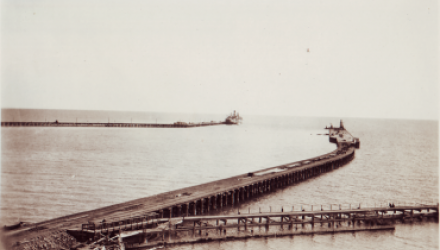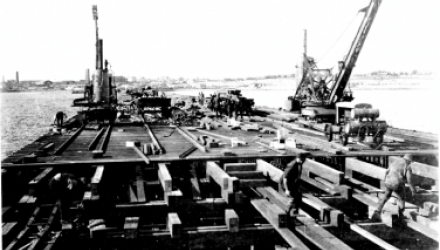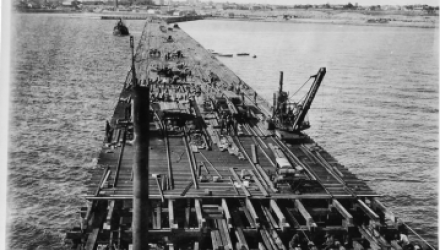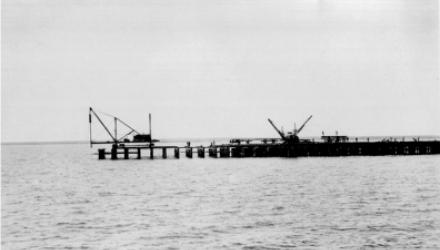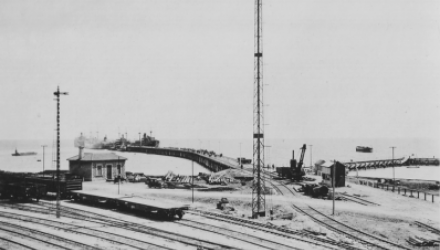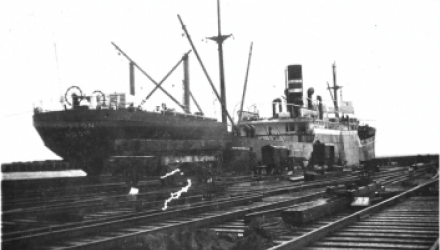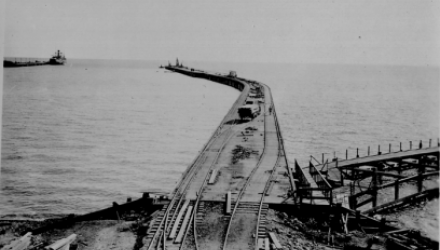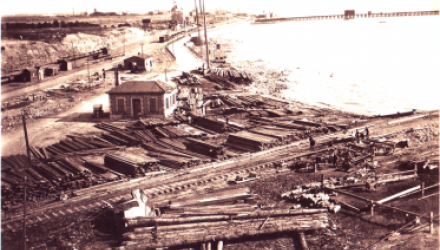
Dr Egg Digital Transmedia Project
In a magical world of scientific discoveries where even the impossible seems real, three children with special powers discover the greatest lessons of all...
Click here to explore the transmedia project based on the AWGIE Award-winning theatre show by Catherine Fargher.
Projects
BACKGROUND
User login
The Jetty
Radio: Writer Catherine Fargher, Dramaturg Hilary Bell, Composer Phillip Johnston, Producer: Anne Wynter, Engineer: Philip Ulman
Actors: Akos Armont, Damion Hunter, Gerard Carroll, Oliver Fargher, Kevin Golsby, Sheridan Harbridge, Erica Lovell, Ashley Ricardo, Trevor Ryan, Justin Smith,
Theatre: Writer Catherine Fargher, Director Catherine Fitzgerald, Dramaturg Hilary Bell, Actors: Gerard Carroll, Aimee Horne, Jodie Kennedy, Craig Menaud and Luke Mullins.
2010 ABC Airplay
2011 Merrigong Theatre Company Wollongong 'Ruff Script' Development
The Jetty
It's a frontier town in the 1920s. Copper tailings in the water. Wedge-tailed eagles circling the town tip. Aboriginal camps in the sand dunes. But progress is coming to Wangaroo.
‘The Jetty’ is an exciting new venture into adaptation, and involves developing a stage play script with original jazz songs, based on a successful ABC radio play by AWGIE winning writer Catherine Fargher, with ongoing dramaturgy by Hilary Bell. A stage version is in development, with initial support from Merrigong Theatre in Wollongong as part of ‘Ruff Script’ in 2011. For ‘Ruff’, director Catherine Fitzgerald was supported by STCSA and PWA to travel to Wollongong and direct a reading with Luke Mullins, Jodie Kennedy, Aimee Horne, Gerard Carroll and Craig Meneaud in July 2011. ‘The Jetty’ radio play was commissioned for ABC Airplay, and was recorded during March 2010. The radio version had dramaturgy from Hilary Bell over two drafts through a Playworks/Varuna fellowship. It also had composer Phillip Johnston working on the 20’s style jazz and blues instrumentation of the five songs in the script.
The play focuses on two couples, one Aboriginal and one non-Aboriginal, as they negotiate working and personal relationships in a remote regional town on the far south coast of South Australia. These relationships are explored with humor and song. It looks at the cost of progress, through Elsa’s story – Jack’s wife who adapts to the hardship she is experiencing at the frontier town, and also loses a child, her suffering resulting in part from Jack’s work on the Jetty. Her friendship with young Nunga woman Ruby, the fiancé of Jack’s workmate George, gives her a link to the land and community as well as some pretty raunchy sex tips!
The Jetty explores political themes of progress and change in an environment over time. It explores this through the metaphor of a jetty, once a symbol of ‘economic hope and progress’ in a pre-depression rural town, which transforms over time into a fishing jetty largely used for sea changers and wealthy tourists. The script is based loosely on the construction of the Wangaroo jetty (South Australia’s longest wheat transporting jetty on the Yorke Peninsula) in 1924, just before the depression years.
On a larger canvas the play explores the illusion of progress and the meteoric rise and fall from working to middle class in Australia prior to and during the depression. The play also explores the effects of progress on the environment over time, from the perspective of the Aboriginal community on whose land the jetty is built. The themes, while local and historic, have relevance to political trends of globalization, progress and development, and the impacts these have on the environment and society.
The radio script was based on a number of taped interviews with the writers Grandmother, talking about early-married life as a ‘frontier’ bride in Wallaroo S.A in the 1920’s and especially her relationship with the Aboriginal Community in the North Wallaroo sand hills close to where the young couple lived. Photographs of the mixed Aboriginal and Anglo-Australian work gangs from her Grandfathers time working on the Jetty. The play was researched with the support of Quenten Agius, elder from the Point Pearce Aboriginal community about the community’s relationship to the Jetty in the 1920’s.
Sounds of Progress. (lyric: Catherine Fargher, score: Philip Johnson)
The dance floors packed
The lights are dimming
Feel the buzz
My head is swimming
Sound the horn
The music’s blaring
Foxtrot, waltz
The shag so daring
This is it
The sound of progress
Skim that cream
From the top
This is it
The world is ours
Dance ‘til dawn
Make the most of life
Our hopes and dreams
May never stop
Where will they end?
Not until we get to the top
- Log in to post comments
